Fibre is one of the most important nutrients for our bodies because it helps to control weight and prevent constipation. If you need a diet rich in fibre and you don’t know which foods contain the most fibre, take a look at our ranking and make a note of the highest values.
On the other hand, calories in high fibre foods can vary between different types of food. Make use of the food calorie calculator which is essential for choosing high fibre foods to suit your specific needs.
Foods rich in fibre
According to the table below, legumes (beans, lupins, chickpeas), nuts (almonds, pistachios) and cereals (barley, oats, rye) are a very good option if you are looking for fibre-rich foods for constipation. Don’t forget that fibre in fruit is also extremely important to promote healthy intestines. Take a look at which fruits have the most fibre and discover how you can incorporate them into your recipes and snacks. Finally, if you don’t have a weekly exercise routine, but you consume a lot of cereal fibre and vegetable fibre, a fibre diet for constipation may not bring all the benefits you need.
-
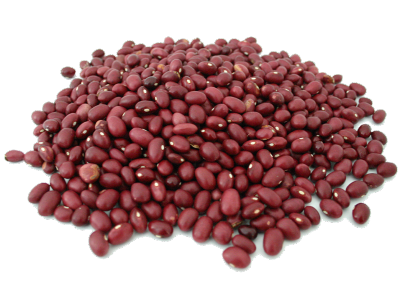 Red beans
24.9 g each 100gr.
45.8 g per serving (184 g.)
Red beans
24.9 g each 100gr.
45.8 g per serving (184 g.)
-
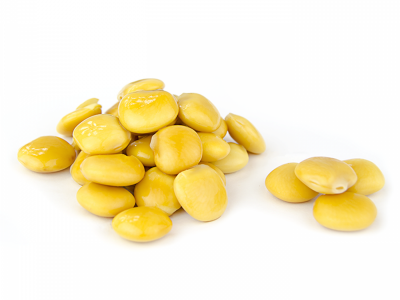 Lupin
18.9 g each 100gr.
34.0 g per serving (180 g.)
Lupin
18.9 g each 100gr.
34.0 g per serving (180 g.)
-
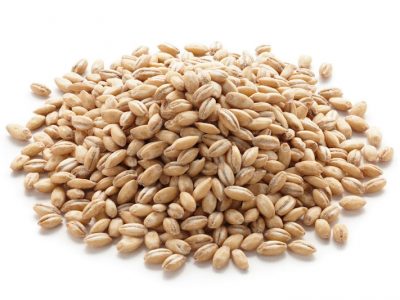 Barley
15.6 g each 100gr.
31.2 g per serving (200 g.)
Barley
15.6 g each 100gr.
31.2 g per serving (200 g.)
-
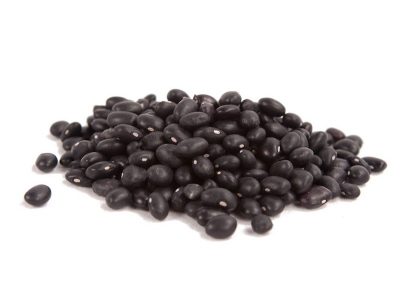 Black beans
15.5 g each 100gr.
28.5 g per serving (184 g.)
Black beans
15.5 g each 100gr.
28.5 g per serving (184 g.)
-
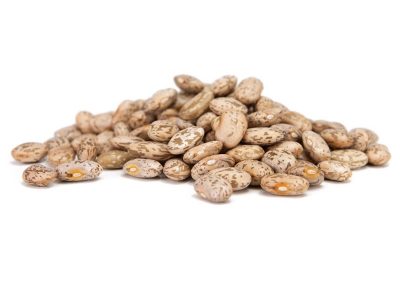 Spotted beans
15.5 g each 100gr.
29.9 g per serving (193 g.)
Spotted beans
15.5 g each 100gr.
29.9 g per serving (193 g.)
-
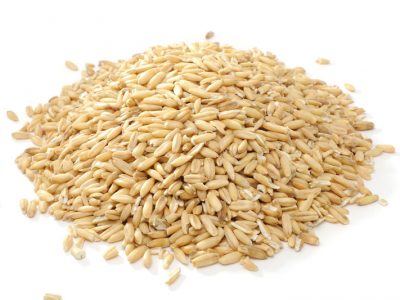 Oatmeal
15.4 g each 100gr.
14.5 g per serving (94 g.)
Oatmeal
15.4 g each 100gr.
14.5 g per serving (94 g.)
-
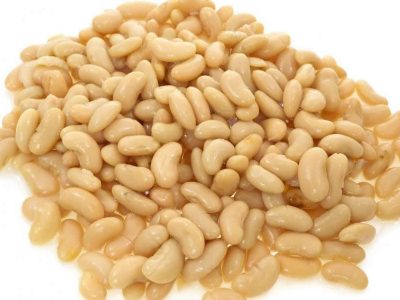 White beans
15.3 g each 100gr.
31.8 g per serving (208 g.)
White beans
15.3 g each 100gr.
31.8 g per serving (208 g.)
-
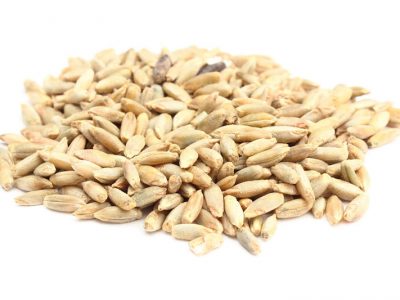 Rye
15.1 g each 100gr.
25.5 g per serving (169 g.)
Rye
15.1 g each 100gr.
25.5 g per serving (169 g.)
-
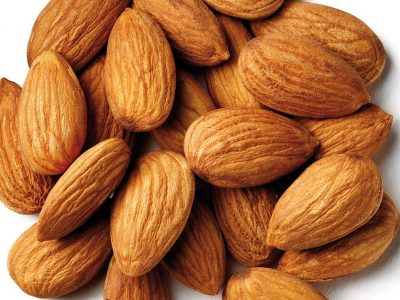 Almonds
12.5 g each 100gr.
17.9 g per serving (143 g.)
Almonds
12.5 g each 100gr.
17.9 g per serving (143 g.)
-
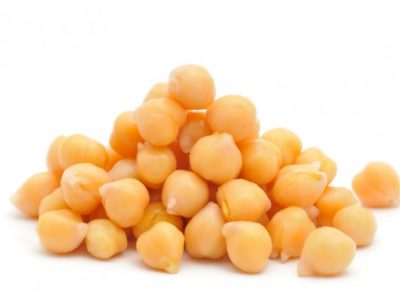 Chickpeas
12.2 g each 100gr.
24.4 g per serving (200 g.)
Chickpeas
12.2 g each 100gr.
24.4 g per serving (200 g.)
-
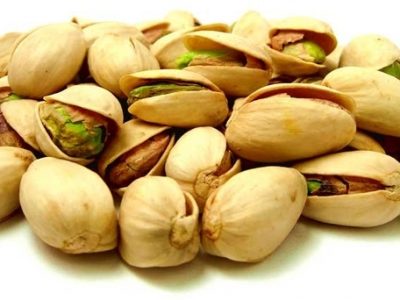 Pistachio nuts
10.6 g each 100gr.
13.0 g per serving (123 g.)
Pistachio nuts
10.6 g each 100gr.
13.0 g per serving (123 g.)
-
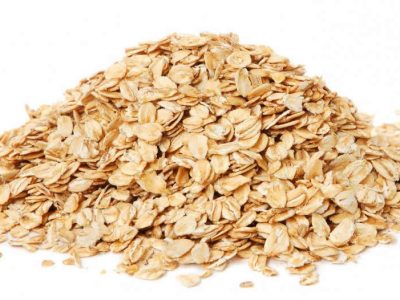 Oats
10.1 g each 100gr.
8.2 g per serving (81 g.)
Oats
10.1 g each 100gr.
8.2 g per serving (81 g.)
-
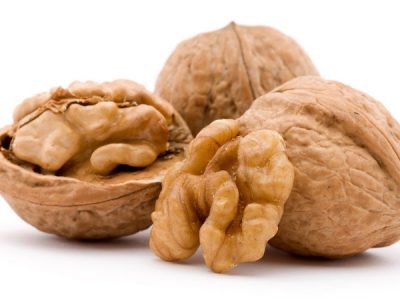 Walnuts
9.9 g each 100gr.
14.4 g per serving (145 g.)
Walnuts
9.9 g each 100gr.
14.4 g per serving (145 g.)
-
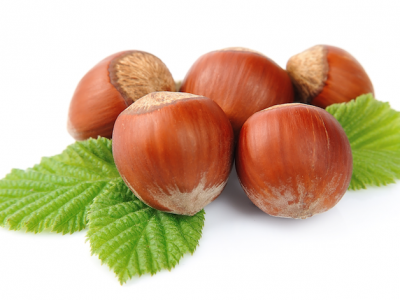 Hazelnuts
9.7 g each 100gr.
11.2 g per serving (115 g.)
Hazelnuts
9.7 g each 100gr.
11.2 g per serving (115 g.)
-
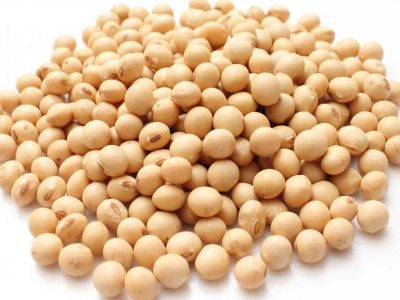 Soya bean
9.3 g each 100gr.
17.3 g per serving (186 g.)
Soya bean
9.3 g each 100gr.
17.3 g per serving (186 g.)
-
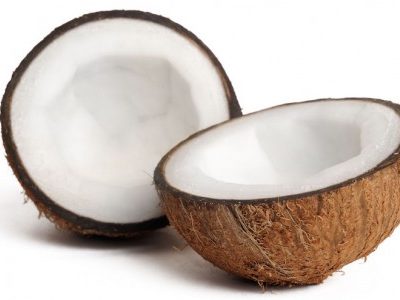 Coconut
9 g each 100gr.
7.2 g per serving (80 g.)
Coconut
9 g each 100gr.
7.2 g per serving (80 g.)
-
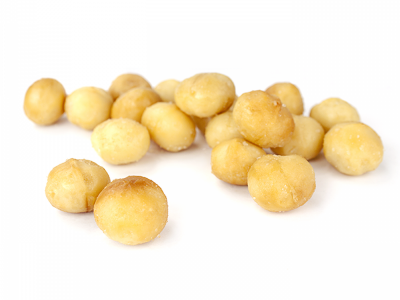 Macadamia nuts
8.6 g each 100gr.
11.5 g per serving (134 g.)
Macadamia nuts
8.6 g each 100gr.
11.5 g per serving (134 g.)
-
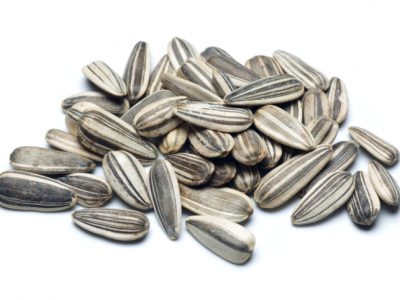 Sunflower seeds
8.6 g each 100gr.
4.0 g per serving (46 g.)
Sunflower seeds
8.6 g each 100gr.
4.0 g per serving (46 g.)
-
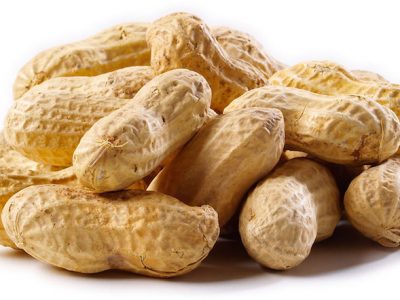 Peanuts
8.5 g each 100gr.
2.4 g per serving (28.35 g.)
Peanuts
8.5 g each 100gr.
2.4 g per serving (28.35 g.)
-
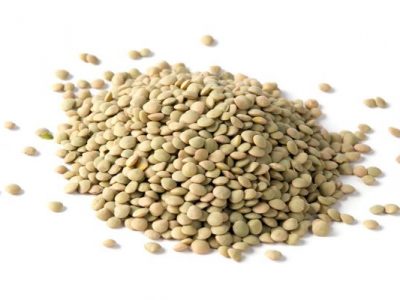 Lentils
7.9 g each 100gr.
15.6 g per serving (198 g.)
Lentils
7.9 g each 100gr.
15.6 g per serving (198 g.)
-
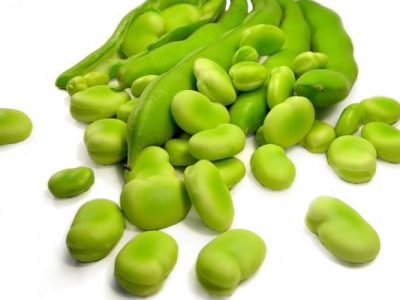 Broad beans
7.5 g each 100gr.
9.4 g per serving (126 g.)
Broad beans
7.5 g each 100gr.
9.4 g per serving (126 g.)
-
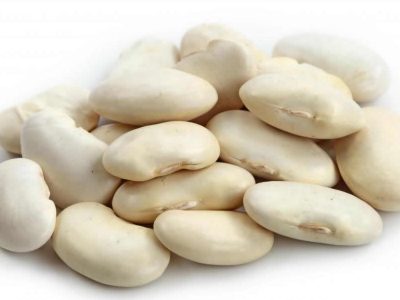 Haricot beans
7 g each 100gr.
13.2 g per serving (188 g.)
Haricot beans
7 g each 100gr.
13.2 g per serving (188 g.)
-
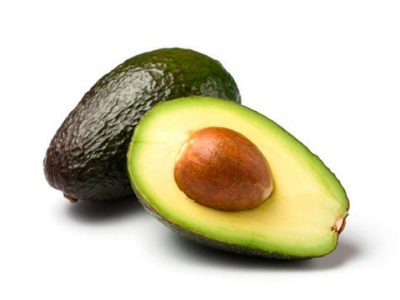 Avocado
6.7 g each 100gr.
10.0 g per serving (150 g.)
Avocado
6.7 g each 100gr.
10.0 g per serving (150 g.)
-
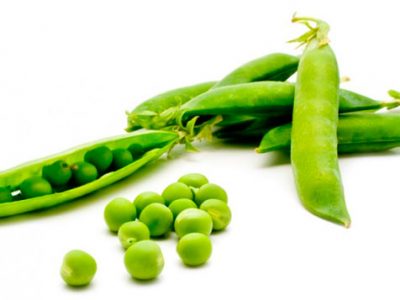 Sweet peas
5.7 g each 100gr.
8.3 g per serving (145 g.)
Sweet peas
5.7 g each 100gr.
8.3 g per serving (145 g.)
-
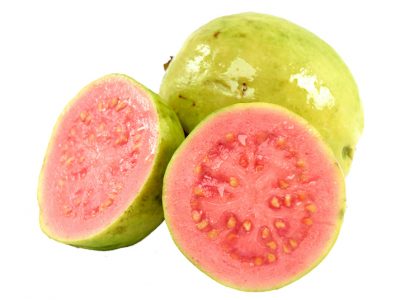 Guava
5.4 g each 100gr.
8.9 g per serving (165 g.)
Guava
5.4 g each 100gr.
8.9 g per serving (165 g.)

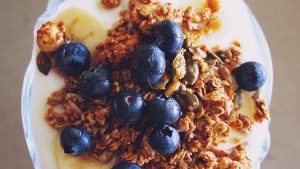


























No comments